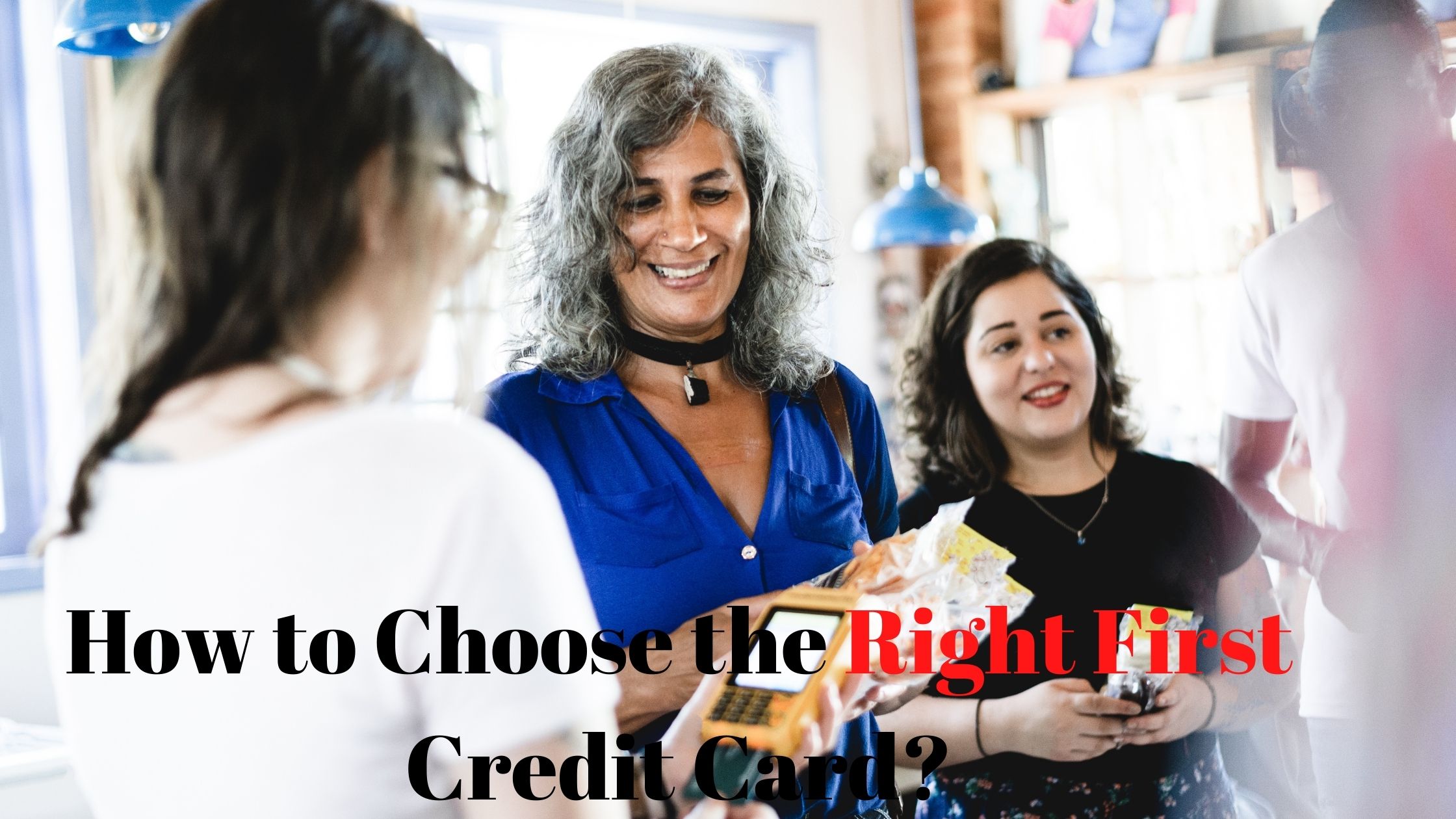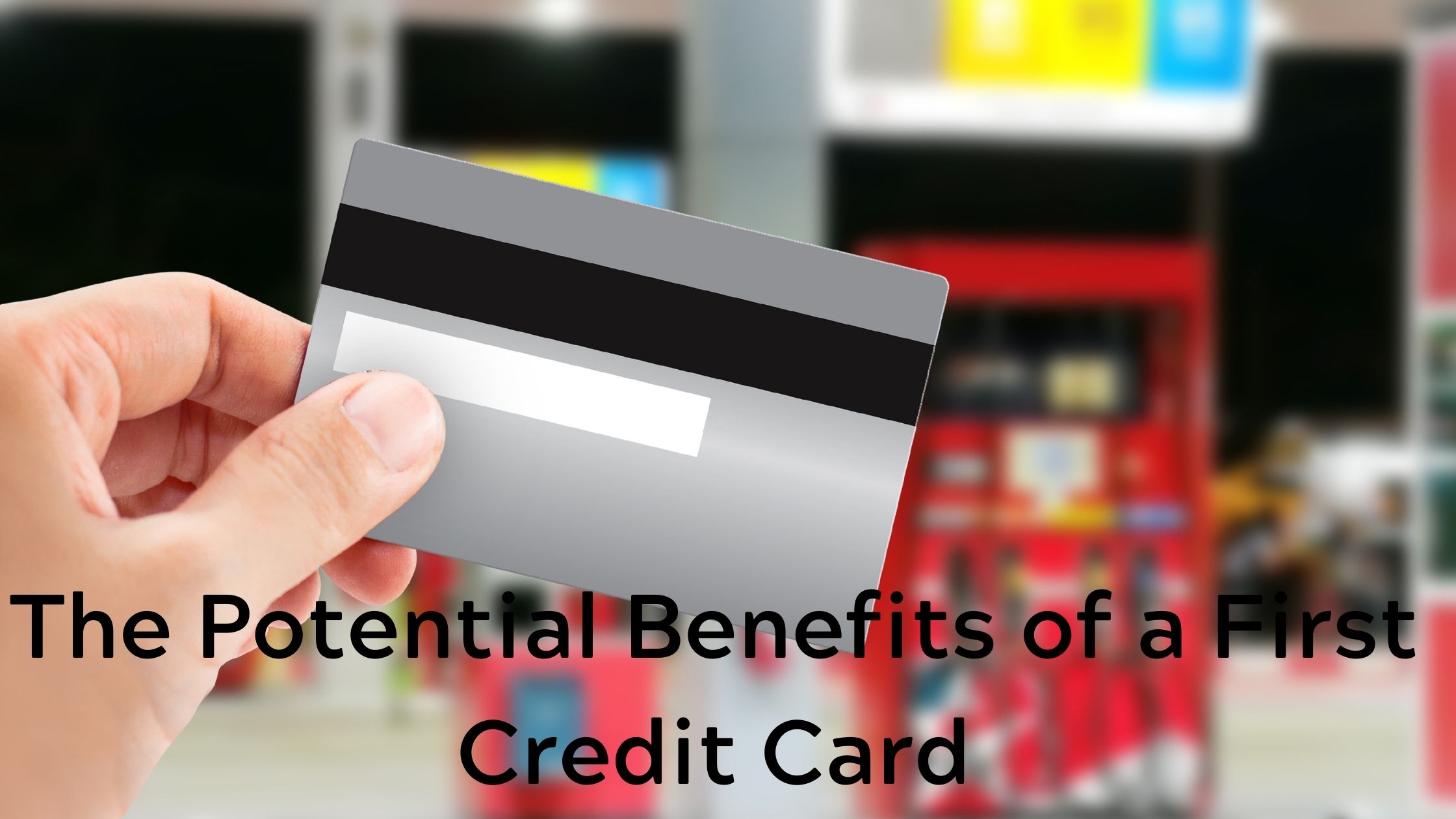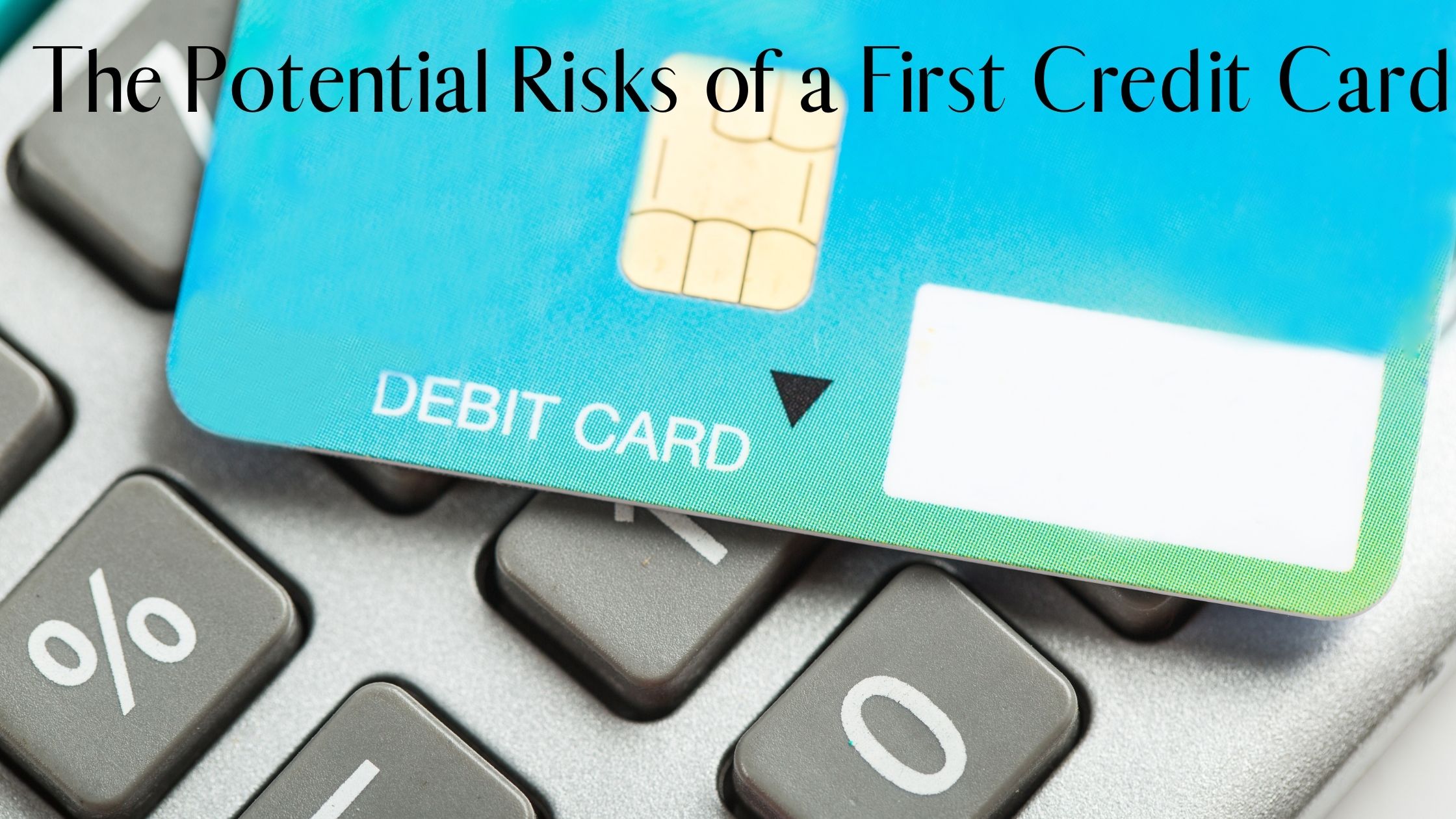When it comes to credit cards, there are a lot of pros and cons to consider. In this article, we’ll be discussing the benefits and drawbacks of both signing up for your first credit card and using a pre-paid card.
The Potential Benefits of a First Credit Card
When it comes to credit cards, there are a few things to consider before signing up. Here are four of the most important pros and cons to weigh before making the decision to get a first credit card:
1. Potential benefits: A first credit card can help you build your credit history and score, which could lead to better rates and other opportunities in the future. Plus, if you ever need to use your card for an emergency purchase or for something important like a car loan, having a strong credit history will make the process go much smoother.
2. Potential costs: Before signing up for a first credit card, be sure to understand the associated costs, such as interest rates and annual fees. Many cards also have limits on how much you can borrow each month, so be prepared to pay back your debt quickly if you max out your card limit. Additionally, keep in mind that paying your bills on time can help minimize interest charges and other fees.
3. Potential benefits of using a first credit card: There are lots of reasons why you might want to use a first credit card – maybe you’re looking for ways to boost your finance skills or build some short-term spending power
The Potential Risks of a First Credit Card
Many people feel excited and anxious when they first think about getting their own credit card. The potential benefits, such as a boost to your financial standing and the ability to build a good credit history, are obvious. However, there are also some potential risks involved in signing up for a new card. Here are four of the most common concerns:
1. You May Overdraft Your Account
A lot of people don’t realize that being approved for a new credit card can mean opening up yourself to overdrafting your account. If you don’t have enough money in your account to cover all of your transactions, the bank may charge you interest on the amount that’s overdrawn. This can quickly add up and create serious financial problems.
2. You May Lose Money on Interest Rate Promotions
If you’re not careful, signing up for a high-interest rate credit card could end up costing you a lot of money in the long run. Many credit card companies offer promotional rates – usually for a limited time – in order to get new customers signed up. If you don’t pay off your balance in full each month, these high rates will start to apply and you’ll end up paying much more than
How to Choose the Right First Credit Card?
The best way to choose a first credit card is to consider your budget, needs and wants.
There are pros and cons to signing up for a first credit card, but the key is to weigh them carefully before making a decision.
Some pros of signing up for a first credit card include getting access to prime interest rates and earning rewards.
However, there are also some potential cons of signing up for a first credit card, such as running the risk of not being able to pay off the balance in full each month, incurring high interest rates and ending up with a high debt burden.
It is important to weigh these factors carefully before signing up for a first credit card so that you can make an informed decision.
Tips for Avoiding Common First Credit Card Scams
If you’re thinking about signing up for your first credit card, be sure to read these tips first! By following these simple steps, you can minimize the chances of falling victim to a common credit card scam.
1. Do your research. Before deciding to apply for a credit card, make sure you have a good understanding of the terms and conditions. Read the disclosure statement carefully and look for any hidden fees.
2. Check your credit score. A good way to ensure you’re getting a good deal on a credit card is to check your credit score. This free resource from TransUnion will provide you with an overview of your current creditworthiness.
3. Be suspicious of unsolicited offers. If someone offers you a credit card without asking you first, be suspicious. This is a common tactic used by scammers, who hope you’ll never notice the offer has been made until it’s too late.
4. Don’t pay for unnecessary services or products upfront. Before signing up for anything, be sure to read the fine print and ask questions about any charges you might be obligated to pay upfront.
5. Don’t give away personal information online. When shopping or filling out online forms, always
Conclusion
When it comes to credit cards, there are a lot of pros and cons to consider. In this article, we will take a look at the benefits and drawbacks of signing up for your first credit card. We will also provide some tips on how to make an informed decision about which card is best for you. Ultimately, it is important to weigh all of the information carefully before deciding whether or not to sign up for a credit card. Thanks for reading!

